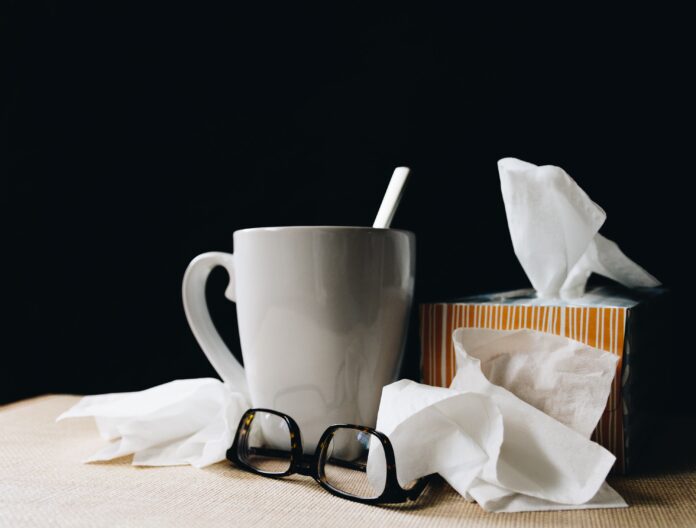
FLU cases have more than doubled in number in the last week in the Mid West, prompting health advisors to issue warnings.
Public Health HSE Mid West is concerned about widely circulating influenza (flu), Covid-19, and RSV, and their potential negative impact on healthcare services over the Christmas period.
According to the latest data, in the Mid West, flu cases have more than doubled in the past week, Covid-19 incidence has increased, and RSV (respiratory syncytial virus) continues to circulate widely in the community, particularly among children aged under 5.
For the first time this season, weekly RSV incidence has decreased slightly. However, it is likely that RSV will continue to remain at high levels, while flu will circulate substantially over the coming weeks.
A spokesman said: “Due to the social nature of Christmas holidays, we are concerned about further household and community outbreaks of respiratory infections.”
“We have been notified of outbreaks in healthcare settings and are managing multiple outbreaks of acute respiratory illnesses in long-term care facilities in the Mid West”.
Advice for protecting against infections includes proactive vaccination (including nasal vaccine for children) and reduced contact for those with respiratory symptoms or the those with weak immune systems.
“It’s really important that we do all we can to try to prevent the spread of respiratory illness in health care settings like hospitals, including maternity units, nursing homes, or residential care facilities,” the spokesman continued.
“This means avoiding visiting these places if we have respiratory symptoms. This will help protect those who may be more vulnerable to the effects of these infections and avoid impact on services at a very busy time of year.”
According to the HSE, anyone who has respiratory symptoms should stay at home until they have been symptom free for 48 hours.
Those concerned about symptoms, or in case of worsening conditions, should contact their GP or out-of-hours service.
Providing advice for parents with small children and babies, the spokesman said: “We can help protect babies by minimising their exposure to other people who have respiratory symptoms such as a cough or a runny nose. Even young children are quick at learning how to cover their coughs and sneezes to help prevent spread of infection, but also important to regularly wash our hands – particularly when returning from crèche or school, work, or activities.”
“Most respiratory symptoms in babies and children can be treated at home and there is no need to need to worry or get medical help. But you should trust your instincts. Bring your child to your GP if you are worried about them or if their symptoms worsen.”
For more information on health and treatment advice, visit HSE.ie.










